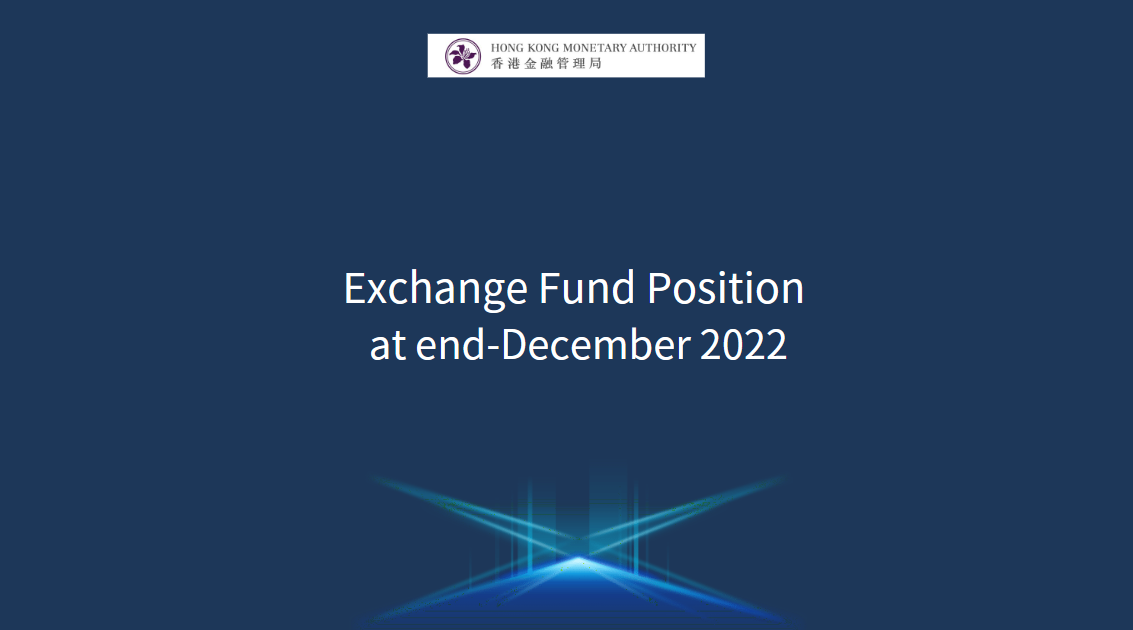China to moderately expand fiscal spending in 2023: MOF
China will moderately expand the scale of fiscal spending in 2023, the Ministry of Finance (MOF) revealed on Monday, which experts read as a sign of efforts to ramp up support for the world's second-largest economy and consolidate the current recovery trend.
The department revealed China's fiscal situation and the direction of fiscal policies for 2023 during an online press conference, cs.com.cn reported.
According to the MOF, China's revenue in the national general budget rose by 0.6 percent to 20.37 trillion yuan ($3.02 trillion) in 2022, compared with 10.7 percent in 2021.
Expenditure rose by 6.1 percent year-on-year to 26.06 trillion yuan, a relatively high rise as a result of China's strengthened fiscal support to maintain people's livelihoods and other key areas during the nationwide fight against the coronavirus.
Looking ahead, the MOF vowed to stick to an expansionary fiscal policy this year. It noted that China will make an overall plan for fiscal revenue, the fiscal deficit, discount interest and other policy tools in 2023, while moderately increasing fiscal spending.
Xi Junyang, a professor at the Shanghai University of Finance and Economics, said that officials are looking to increase fiscal support to "consolidate and strengthen" the current trend of economic recovery in China.
After optimization of COVID management measures, China's economy has rebounded at a rate that has exceeded market expectations. In particular, the consumption sector has experienced a boom in areas like tourism, movies and catering in the recent Spring Festival holidays, which was seen by economists as a strong signal of China's economic rebound.
On the other hand, Xi pointed out that fiscal stimulus is a necessary way to stabilize economic growth at a time when many challenges arising from the COVID situation have not been totally solved, such as a profitability decline in certain industries.
Some experts have suggested that China could raise the budget deficit target for 2023 by above 3 percent. Last year, the target was set at about 2.8 percent of GDP, according to media reports.
According to Xi, China's coronavirus control expenditure will likely fall this year amid stabilization of the COVID situation, which means that the country's financial situation will have more leeway in 2023.
"Areas like investment and emerging high-tech industries will probably get more financial support from the government this year, which in turn stimulates economic growth and thus increases revenue," Xi told the Global Times.
The MOF also disclosed during the aforementioned conference that China will reasonably arrange the scale of local government special-purpose bonds this year, as well as expanding the scope of fields the capital is channeled to in order to "continuously form the driving force for investment."
Special-purpose bonds provide an off-budget source of financing for local government projects, particularly large infrastructure construction projects.
A recent Bloomberg report noted that China might set this year's special local government bond quota at up to 3.8 trillion yuan, higher than last year's quota of 3.75 trillion yuan.
According to the MOF, China's local governments issued around 4.04 trillion yuan worth of special-purpose bonds in 2022, showing government efforts to pump capital into infrastructure investment and prop up the coronavirus-hit economy.






















































First, please LoginComment After ~